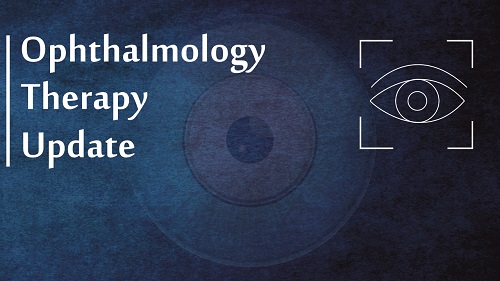Success
Patterns of Vitamin D Levels and Exposures in Active and Inactive Noninfectious Uveitis Patients
Mar 13, 2020

Explore More
PURPOSE
- To compare serum vitamin D levels and patterns of ultraviolet and dietary exposure between patients with active and inactive non-infectious uveitis, and population controls.
DESIGN
- Prospective case-control study (n=151)
RESULTS
- The median level of serum vitamin D in those with active uveitis (n=74) was 46 nmol/L (29, 70), significantly lower than the inactive control group (n=77) at 64nmol/L (52, 79; p<0.001). The active uveitis group also had lower median serum vitamin D levels than the local population median of 62nmol/L (IQR 46, 77).
- Vitamin D supplementation was also significantly associated with uveitis inactivity (Kendall’s tau test, p=0.026).
- In a sub-analysis of vitamin D deficient participants, sun exposure was significantly associated with uveitis inactivity (p=0.014 for weekday and weekend analyses).
CONCLUSION
- Participants with active uveitis had significantly lower serum 25-hydroxyvitamin-D levels than inactive uveitis patients and local population-based estimates.
- Vitamin D supplementation was found to be associated with decreased uveitis activity, as was sun exposure in those with vitamin D deficiency.
- These results suggest that vitamin D supplementation should be studied as an option for the prevention of uveitis relapse in at-risk patients
TAKE-HOME MESSAGE
- Patients with uveitis completed a questionnaire on vitamin D exposure and underwent serum 25-hydroxyvitamin D measurement to investigate the effects of vitamin D levels on uveitis.
- Results showed that patients with active uveitis had lower serum vitamin D levels than those with inactive uveitis and local population estimates.
- Furthermore, in patients with low levels of vitamin D, increased sunlight exposure was associated with uveitis inactivity.
- The authors suggest that these results support the association between vitamin D deficiency and autoimmune disorders.
REFERENCE
Ophthalmology 2019 Jul 11;[EPub Ahead of Print]









